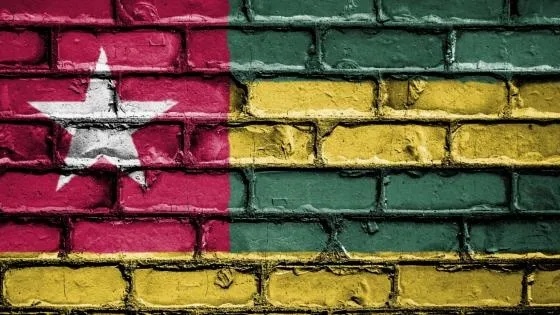Togo President, History and Facts
Teach everything you know
Togo President, History and Facts
Presidents of Togo for years is the target of criticism over human rights. Togo is still known as a country where the same family has been in power for five decades.
Togo is a narrow strip of land on Africa's west coast. French Togoland became Togo in 1960.
President Faure Gnassingbé’s father took power in a 1967 military coup; father and then son have held the presidency since. Togo’s Gnassingbé Eyadema led the country from 1967 until his death in 2005. His son, Faure Gnassingbé, was promptly installed as president and has since been victorious in three deeply flawed elections. Togolese citizens have loudly demanded democratic reforms and insist on term limits ending the son Faure Gnassingbé s presidential term in 2020.
Major opposition parties boycotted Togo’s first three legislative elections after the country adopted multiparty politics in 1992. They have been met with sometimes-violent repression that has alarmed the region. The boycotts left the legislature dominated by the ruling party, granting it the power to make constitutional amendments, enabling two leaders, Gnassingbé Eyadéma and his son Faure, to extend their successive rule past the 50-year mark.
Togo has for years been the target of criticism over its human rights record and political governance. A penal code criminalizing media offenses was passed in 2015; journalists could face jail sentences and fines for "false news". Togo's parliament passed the new section to the penal code on November 2, 2015 article 497.
The law proposes a prison sentence of up to two years and a fine up to 2 million CFA francs (US$3,300) for "the publication, dissemination, or reproduction by any means whatsoever of false news, fabricated parts, falsified or falsely attributed to third parties where, in bad faith, this disturbs the public peace, or is likely to disturb it,"
The law proposes a prison sentence of up to two years and a fine up to 2 million CFA francs (US$3,300) for "the publication, dissemination, or reproduction by any means whatsoever of false news, fabricated parts, falsified or falsely attributed to third parties where, in bad faith, this disturbs the public peace, or is likely to disturb it,"
Fast facts about Togo
The Togolese Republic, Togo, is a tiny West African country next to Ghana, Benin, and Burkina Faso.
Togo is where the same family has been in power for five decades.
In 1884 the German protectorate of Togoland was established. Togo was occupied since the 1700s by the Danish, Germans, British and French received independence in 1960 with Sylvanus Olympio elected as the first president.
Opposition groups have protested against changes to the electoral law and have also demanded the restoration of limits on how many terms the president may serve.
A penal code criminalizing media offenses was passed in 2015; journalists could face jail sentences and fines for "false news" prison sentence of up to two years and a fine up to 2 million CFA francs (US$3,300).
Togo name derived from the Ewe words - to (water) and go - (shore); originally the name applied to the town of Togo, now Togoville, but the name was eventually extended to the entire country.
Togo capital is Lome
Togo’s landscape is diverse, with five environmental zones: mountains, Savannah, rainforest and coastal areas. Togo is one of the smallest countries in Africa with more than one million people living in Lomé, its capital city.
With more than 6 million residents, for the most part, live in rural areas. Voodoo worshipers from the Guen tribe worship at the annual Epe Ekpe festival in Togo.
For one week each year in September the small town of Glidji located in the Southernmost region of Togo, hundreds of voodoo or vodun worshipers make a pilgrimage to the sacred village.
Togo is an agriculturally based society. Commercial crops include coffee, cocoa, and cotton. Mined resources include phosphates, diamonds, and gold; phosphate mining is the largest non-agricultural industry. The United States imports cocoa and coffee from Togo. Togo is among the world's largest producers of phosphate.






